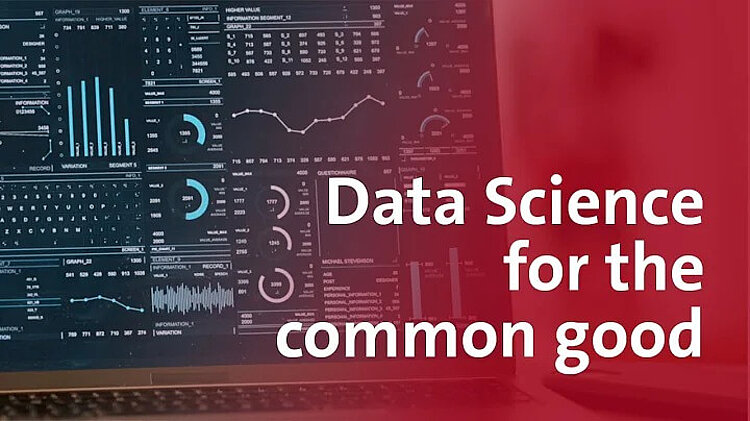



Master of Data Science for Public Policy (MDS)

The MDS brings together passionate students from both technical and social science backgrounds to deepen their analytical skills and develop an in-depth understanding of the policy world. During this two-year master's they learn how to leverage algorithmic decision-making to tackle some of the most complex challenges of our time with data-driven solutions. The Data Science Lab is proud to help manage and support for this new programme.

Supercomputing for data science research
Together with the IT unit, the Data Science Lab manages the high performance computing cluster at the Hertie School. The state-of-the-art multi-GPU enterprise deep learning server is accessible to faculty and researchers across the school’s various programmes. The server allows researchers to experiment and build prototypes for digital products and opens up new avenues for scientific exploration in data-driven research. In keeping with our mission for sustainability, the heavy electricity demand of supercomputing is offset by utilising completely carbon-neutral energy sources. Please contact Datasciencelab@hertie-school.org if you would like to experiment with and implement data science research on the server.




